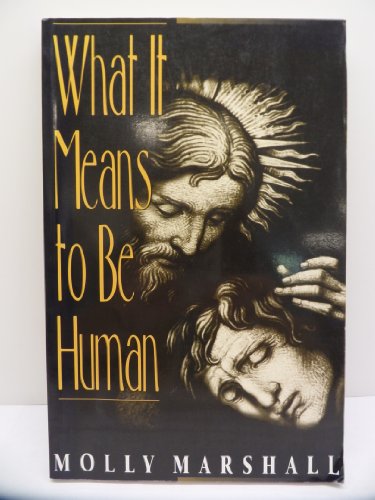
Throughout what follows Bourke returns to her Earnest Englishwoman and her provocative questions (the working title for the book was Are Women Animals?), and to two centuries of discussions about what falls on the other side of the boundary defining humanity, in order to show how notions of the human have been constructed through contrast with the animal, the “savage” and the not-quite-human.Īlong the course of her grand historical tour, Bourke lays out her theoretical baggage. The point here is not so simple as pointing out that some husbands treat their dogs better than their wives (although Bourke does raise this with her consideration of Heathcliff in Wuthering Heights) rather that, in 1872, public sympathy and even legislation appeared to place animals closer to the human ideal than women. She takes as her springboard an 1872 letter to The Times signed by “An Earnest Englishwoman” wondering satirically whether, given the relative rights and freedoms enjoyed by women and animals, the former would not be better off classified as the latter. Historian Joanna Bourke sets out to explore the question of what it means to be human by examining historical and literary discussions of what has been deemed not human. In this meticulously researched, wide-ranging and illuminating book, Joanna Bourke explores the legacy of more than two centuries, and looks forward to what the future might hold for humans and animals.What it Means to be Human: Historical Reflections on What it Means to be Human, 1791 to the Present by Joanna Bourke (Virago)ĭefinitions come into sharpest focus at the border.

If she had been capable of looking 100 years into the future, she might have wondered about chimeras, created by transplanting animal fluids and organs into human bodies, or the ethics of stem cell research. In her time and beyond, the debate around human status involved questions of language, facial physiology, and vegetarianism. What does it mean to be 'human' rather than 'animal'? If the Ernest Englishwoman had turned her gaze to the previous century, her critique could equally have applied to slaves. In reality, their status was worse than that of animals: regulations prohibiting cruelty against dogs, horses and cattle were significantly more punitive than laws against cruelty to women. In 1872, a woman known only as 'An Ernest Englishwoman' published an open letter entitled 'Are women animals?', in which she protested the fact that women were not treated as fully human.

Fiercely intelligent and always provocative, Joanna Bourke turns to the subject of the human animal.


 0 kommentar(er)
0 kommentar(er)
